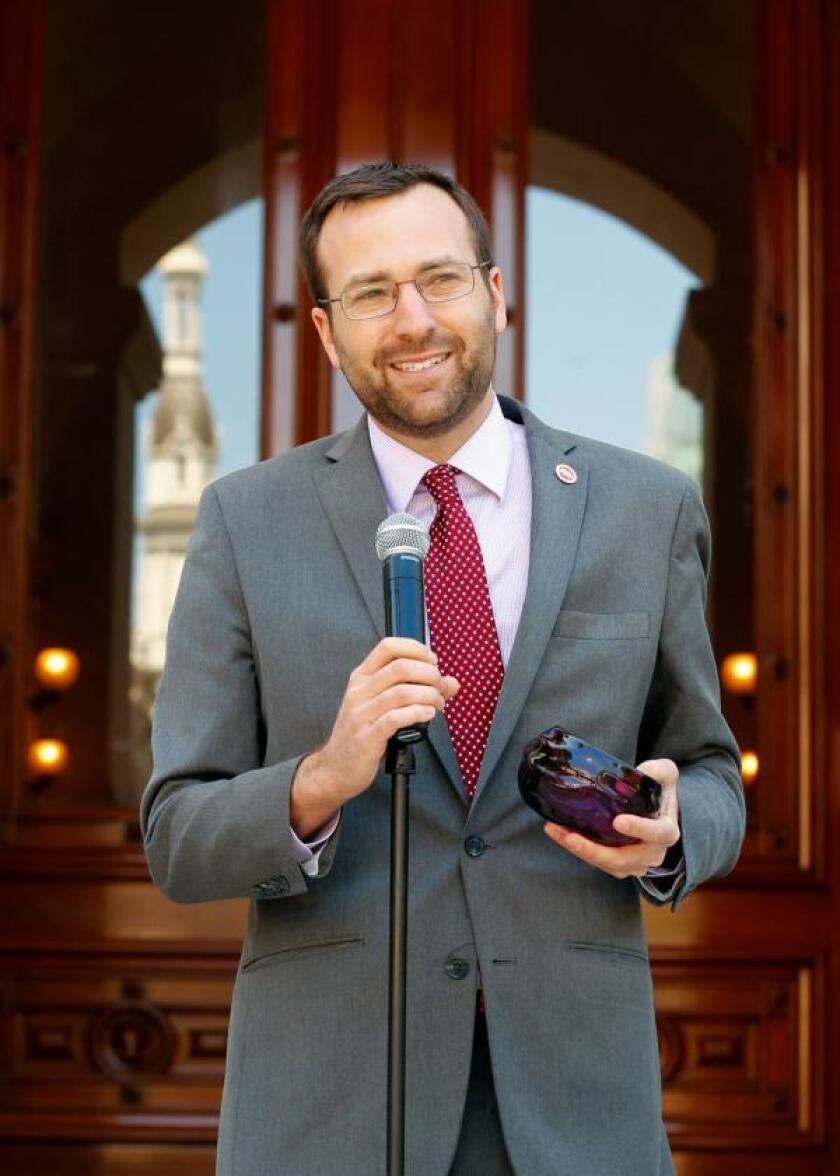
In 2019, I expect a spotlight to shine on three policy areas acutely impacted by the promises and perils of technology in Sacramento.
In labor law, traditional employer/employee relationships are challenged by an independent contracting framework that undergirds most work performed in the “gig economy.” A 2018 state Supreme Court ruling (Dynamex Operations West Inc. v. Superior Court of Los Angeles) that alters guidelines for classifying employees is being hailed by labor unions as representing a critical advance of workers’ rights, while being decried by a panoply of industries new and old that view it as an existential threat to longstanding business practices. Expect both sides to introduce legislation that attempts to strengthen or undercut the impact of the court’s decision.
Privacy law is being actively reshaped by an Internet economy that typically trades access to services in return for the right to collect and share a user’s personal information. The enactment of the European Union’s General Data Protection Regulation (GDPR) and the 2018 passage of the California Privacy Act are forcing technology companies to adapt to a legal framework where a user has far more rights to restrict what data can be collected and how it can be used. Some aren’t content with this new reality, however, and are pushing for changes in Sacramento or even pre-emption from regulators in the Trump administration.
Global climate change, the existential challenge of our time, has the advance of technology to blame for its very existence. And yet, the mitigation of climate impacts is utterly dependent on new and ever-improving technological innovations. Coal and oil drove the industrial revolution. Solar power, the electric car, and new carbon capture techniques present us with opportunities to reduce humanity’s climate footprint and begin to repair much of the damage done. While California has begun to advance policies that embrace and even mandate climate mitigation, however, we are being actively undermined by a federal government that refuses to acknowledge that climate change is even real. Uncertainty and a litany of court challenges lie ahead. Even so, expect California lawmakers to aggressively press on.
One of the greatest gifts that tech could give us in the fight to address climate change is in the realm of data. I've become increasingly interested in the phenomenon of the promise of "data lakes" in addressing social psychological phenomena and government service provision. Businesses use big data all the time for prediction and efficiency. It's time that government get better at doing the same. Israel, for example, has just announced a big data program relating to health care, and we have studied Rhode Island's system trying to address its Medicaid challenges, which can use data collection to improve outcomes and efficiencies. Especially in the area of health care, but in other areas as well, from social service provision to wildfire fighting and resource management, we are wasting money on subpar outcomes on things that we could better understand if we had a great grasp on the relevant data.
I'm going to be involved on a number of levels, but one that I continue to be interested in is the creation of a more comprehensive state response to the questions raised by autonomous vehicles. A lot of attention has been put into safety concerns, but there are all sorts of other issues that need to be examined and addressed by government — from congestion and traffic patterns to vehicle miles traveled and pollution reduction goals. I ran a bill on this topic last year, and will be returning to it this year.




